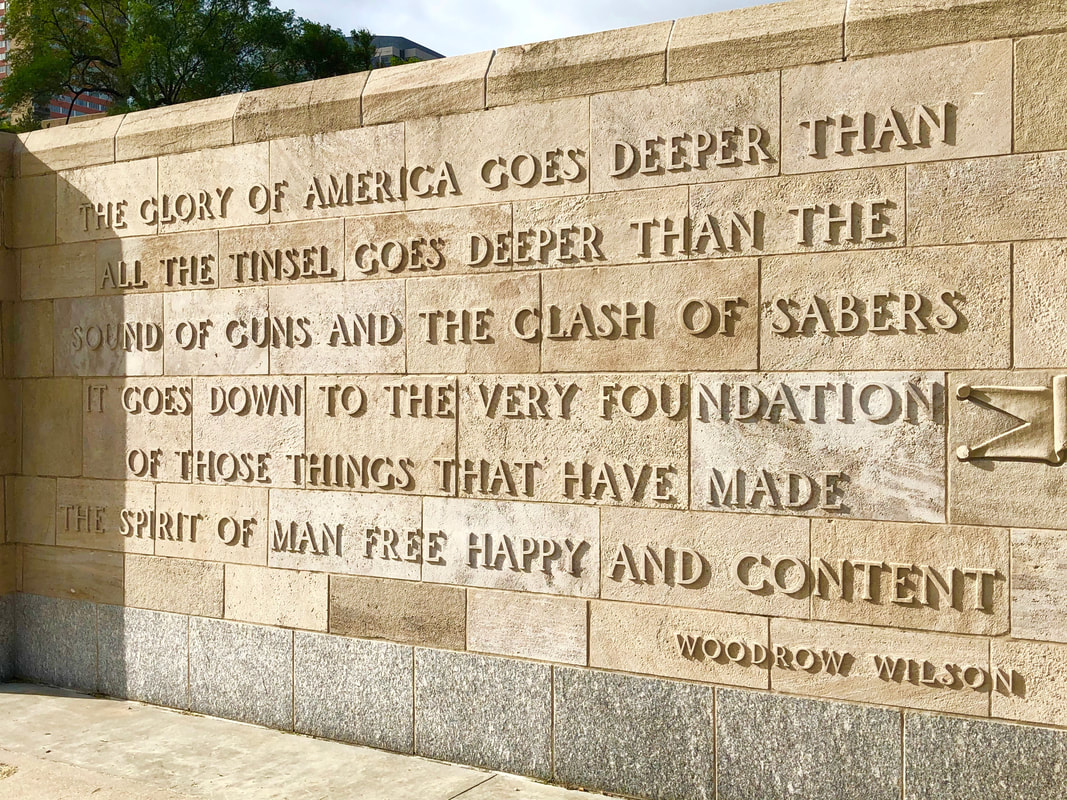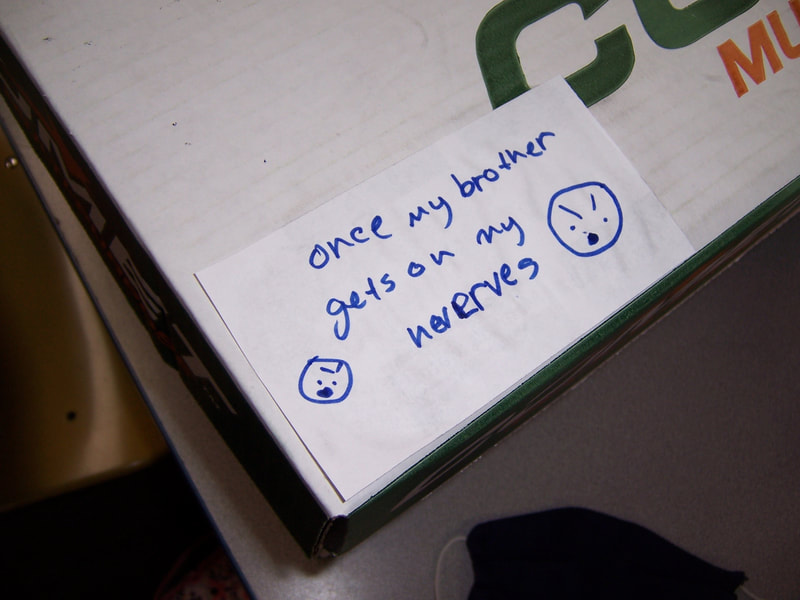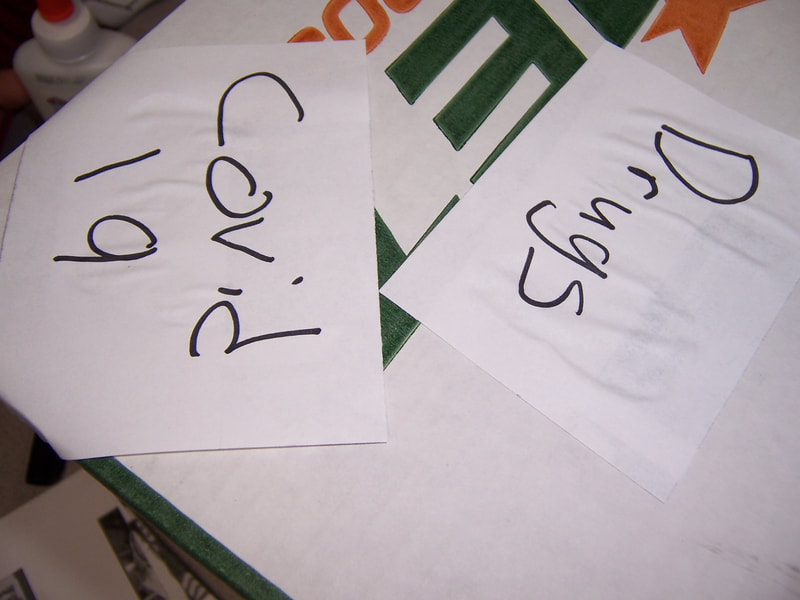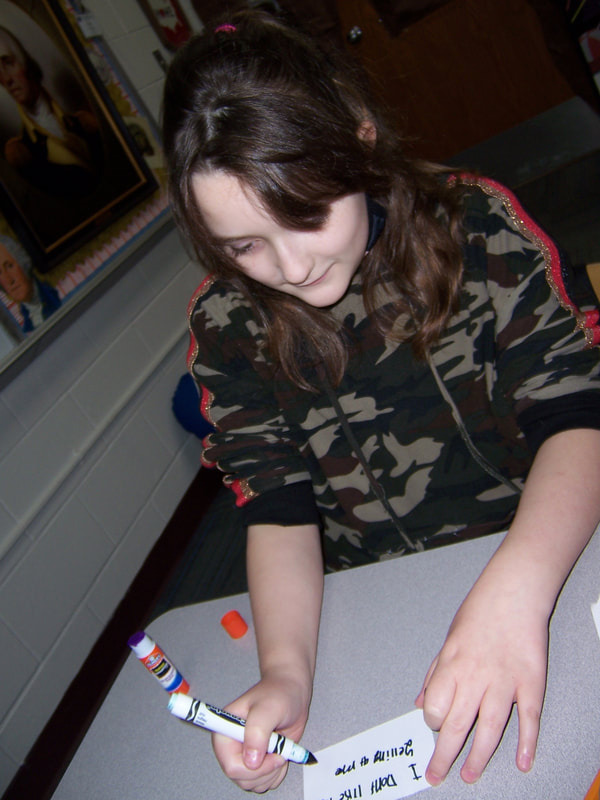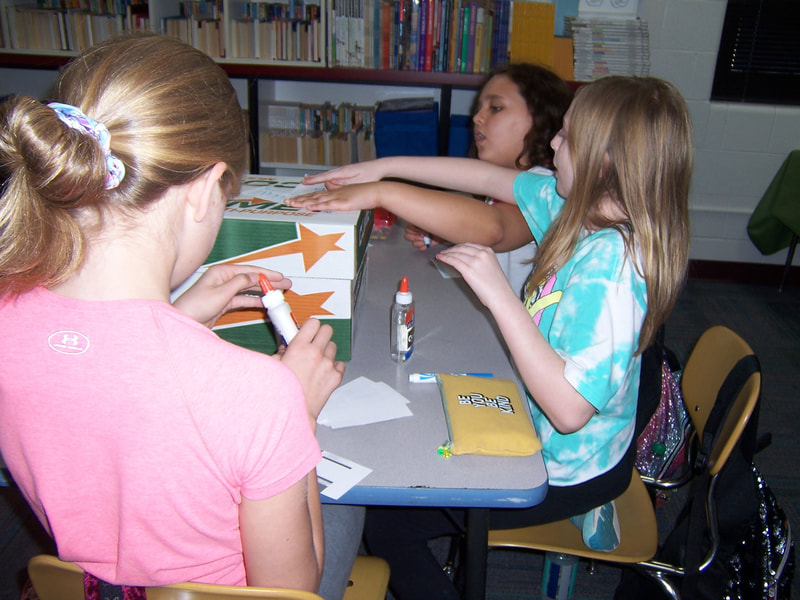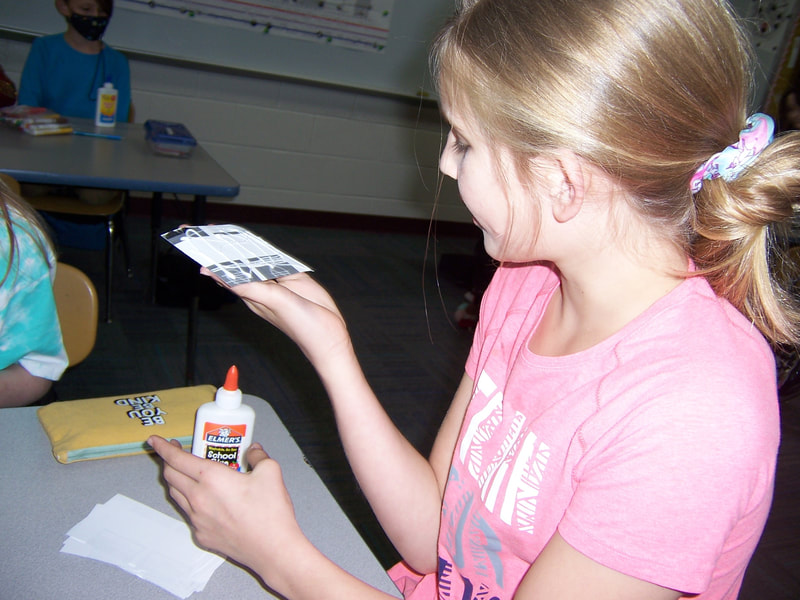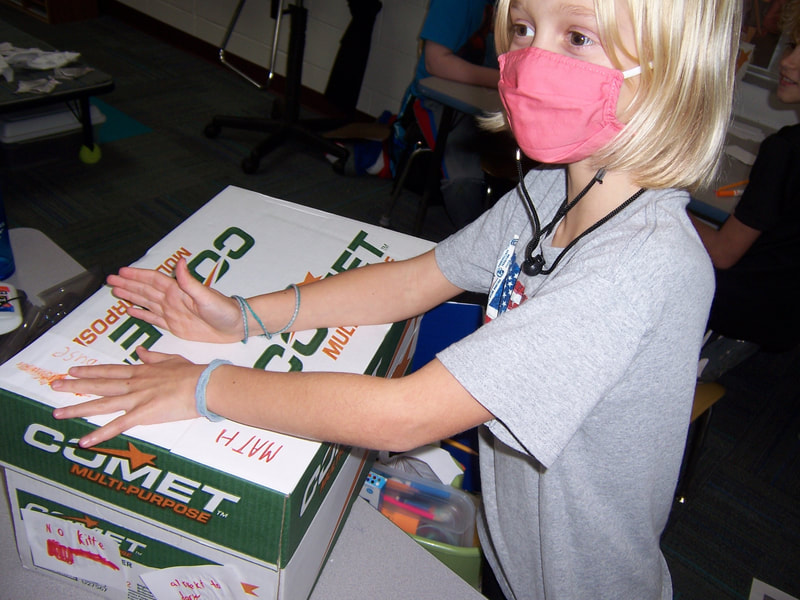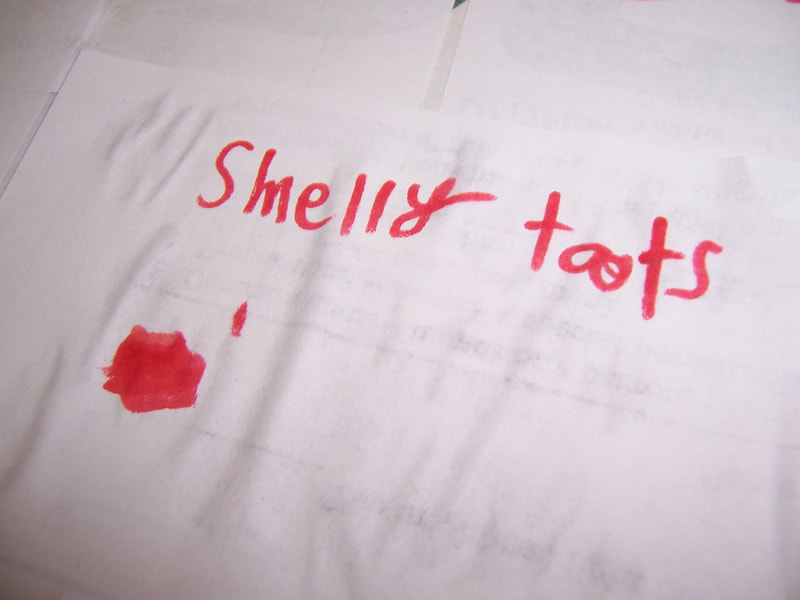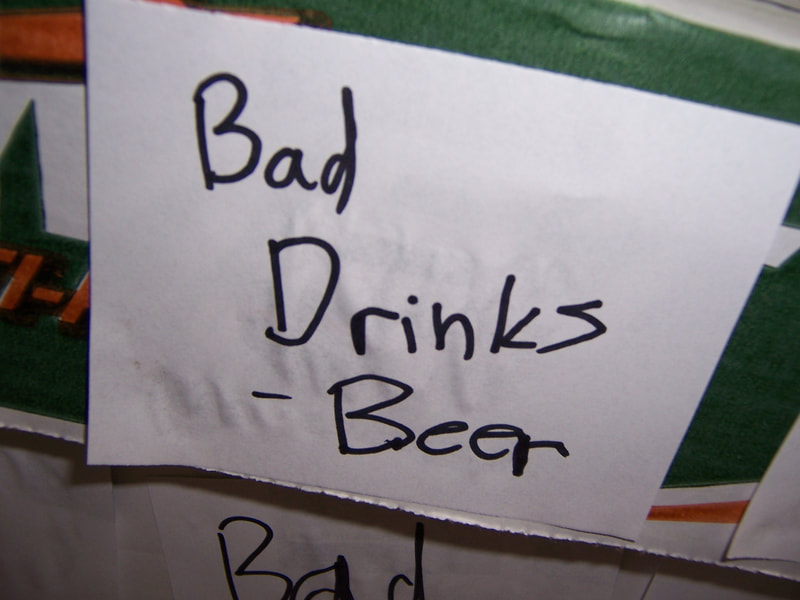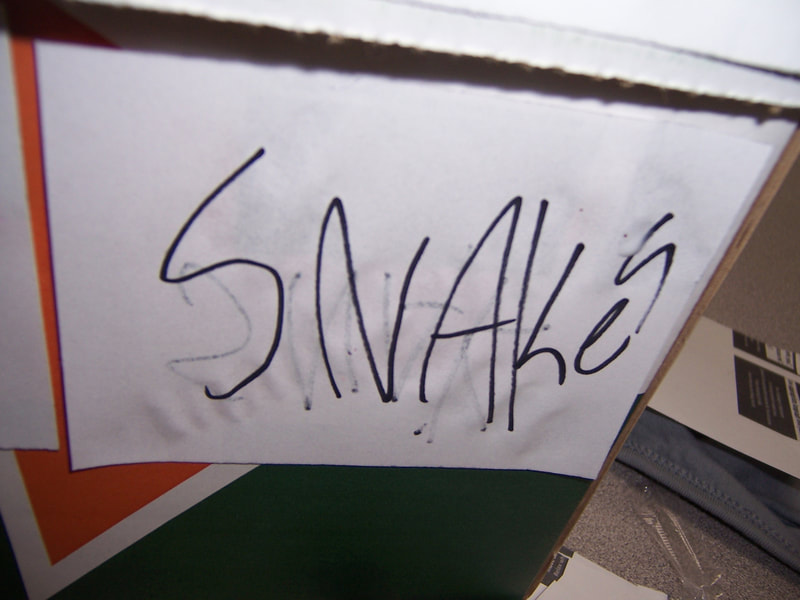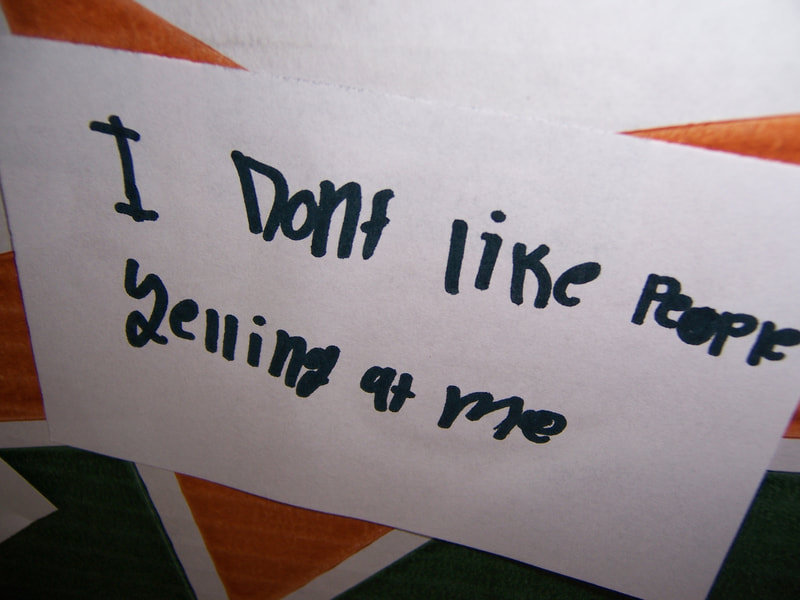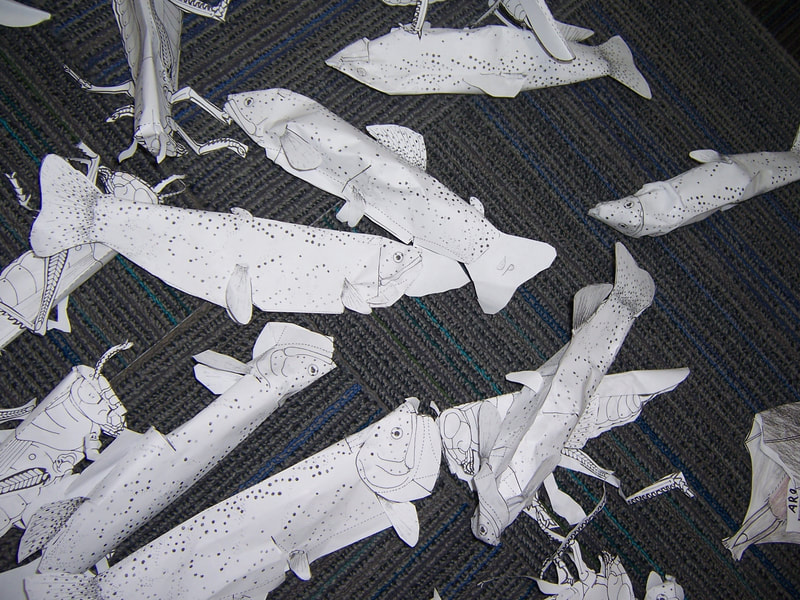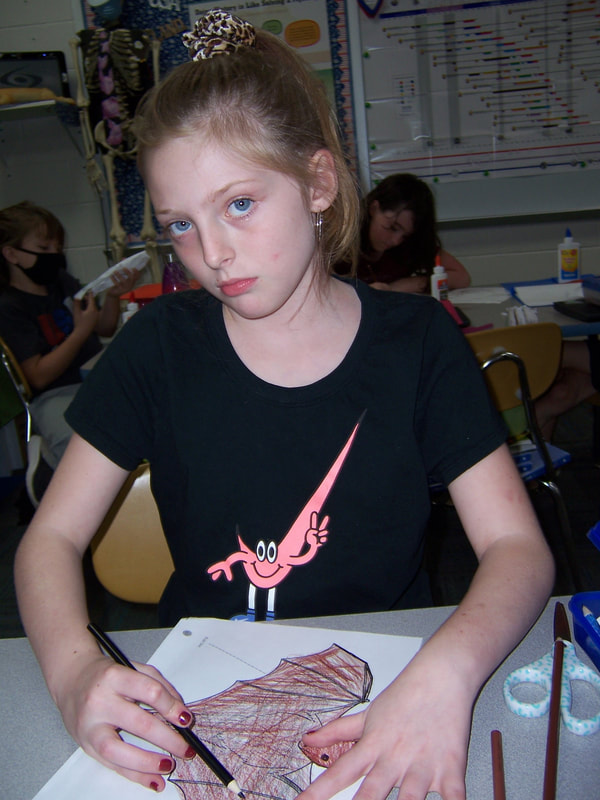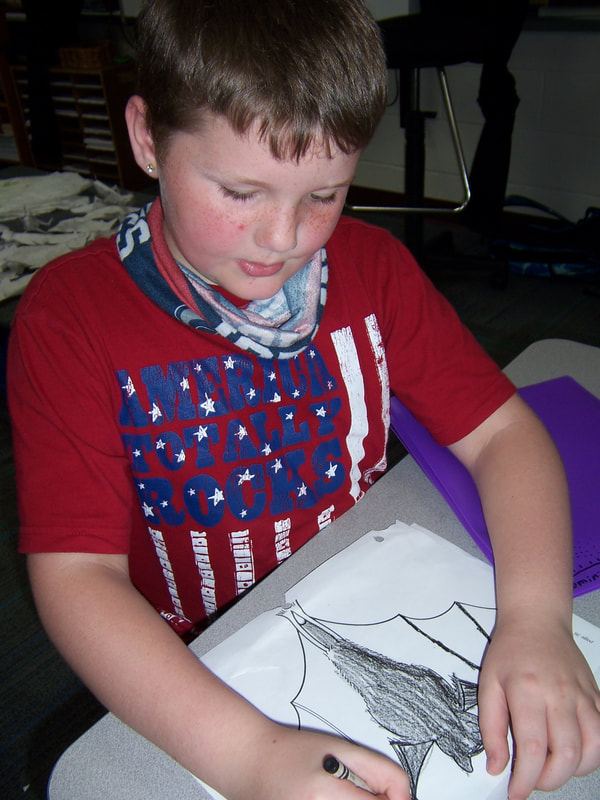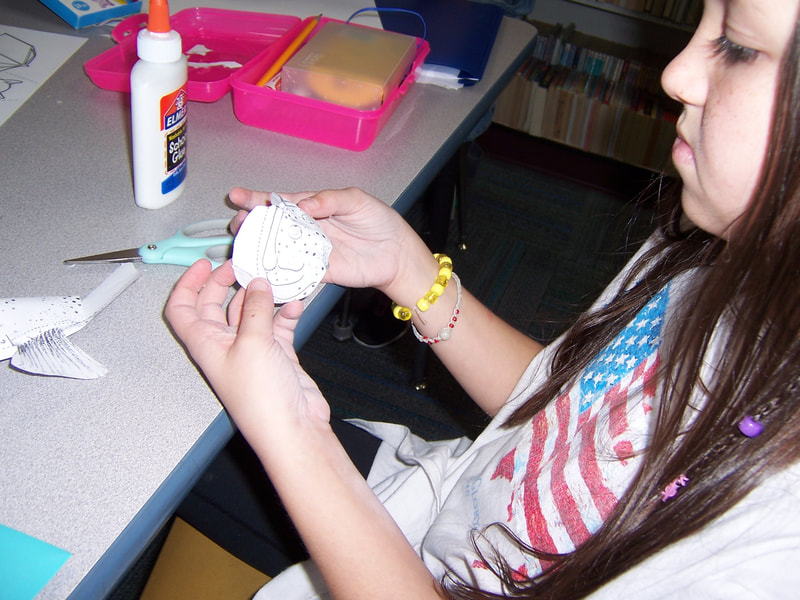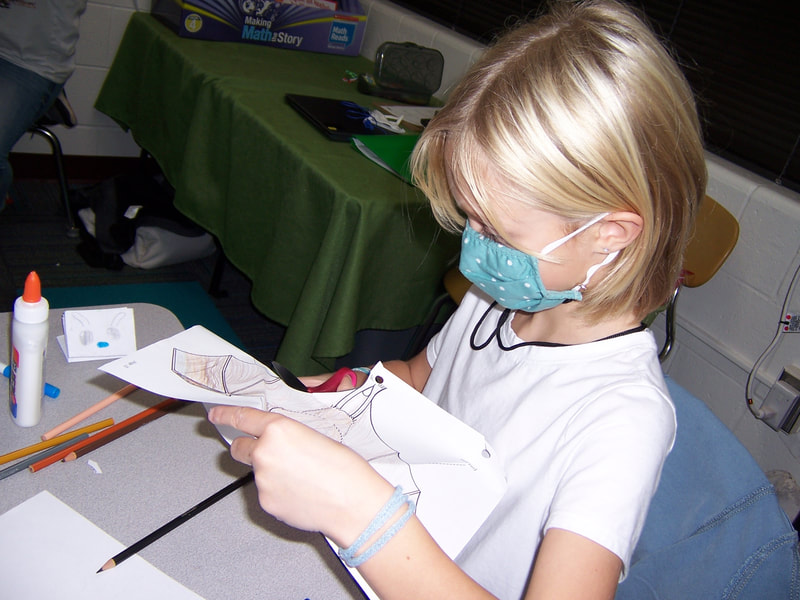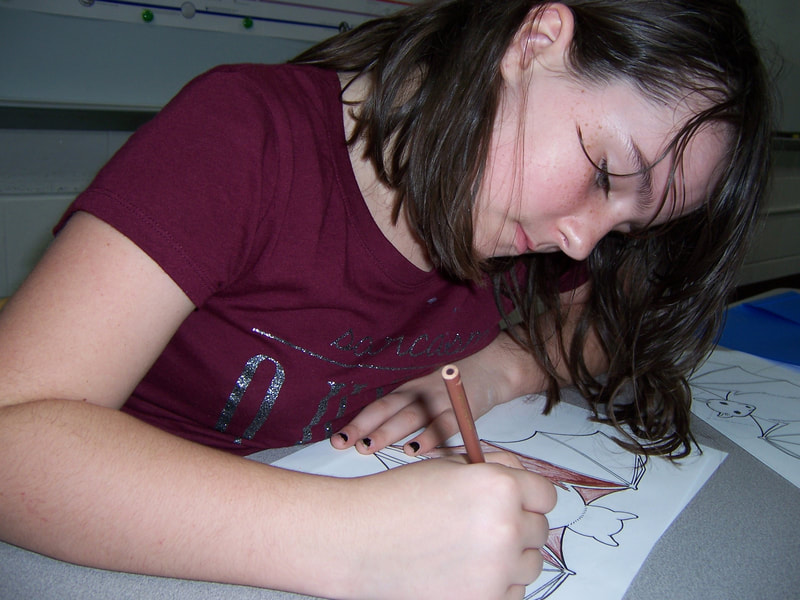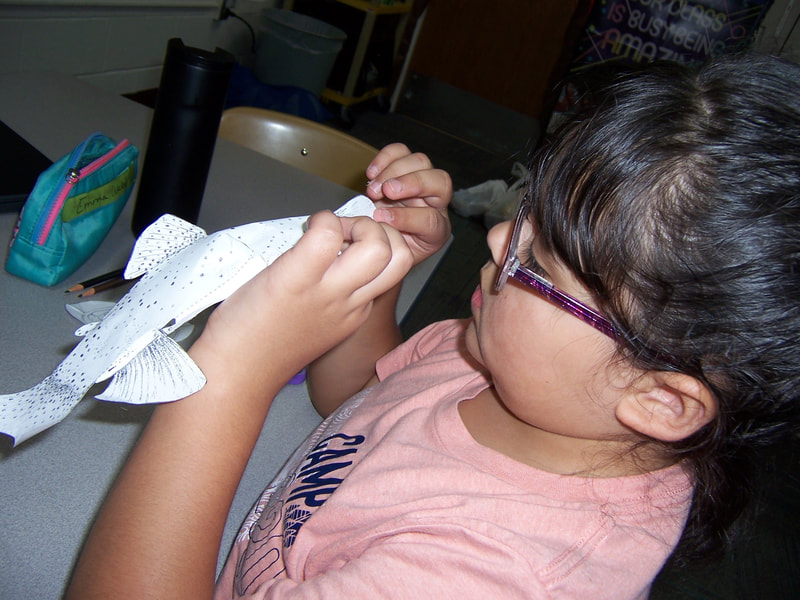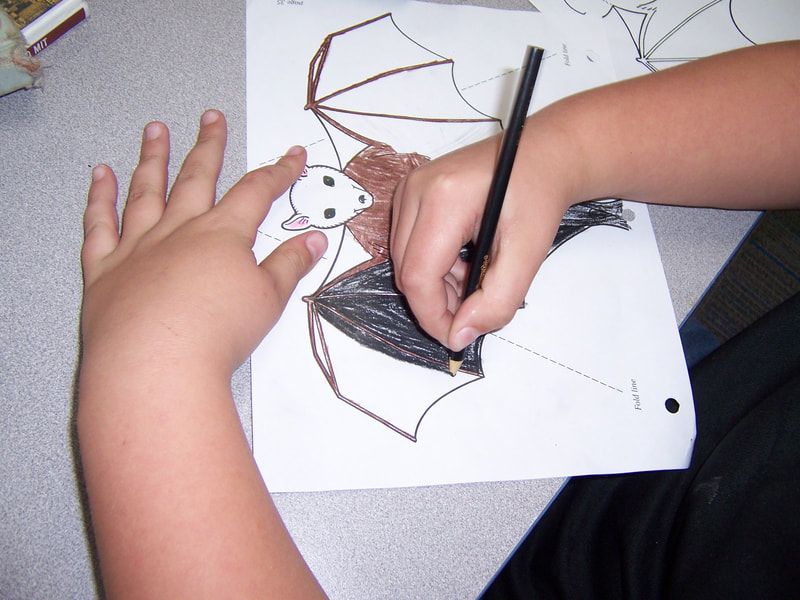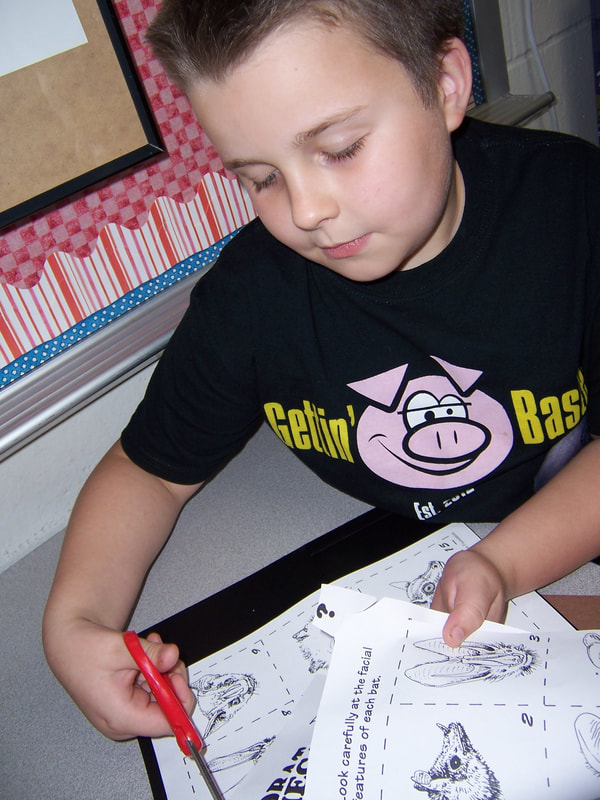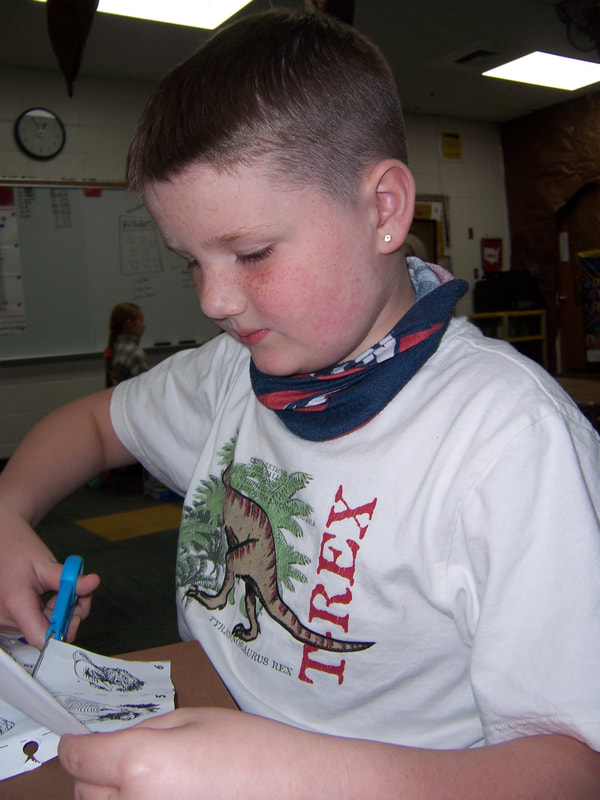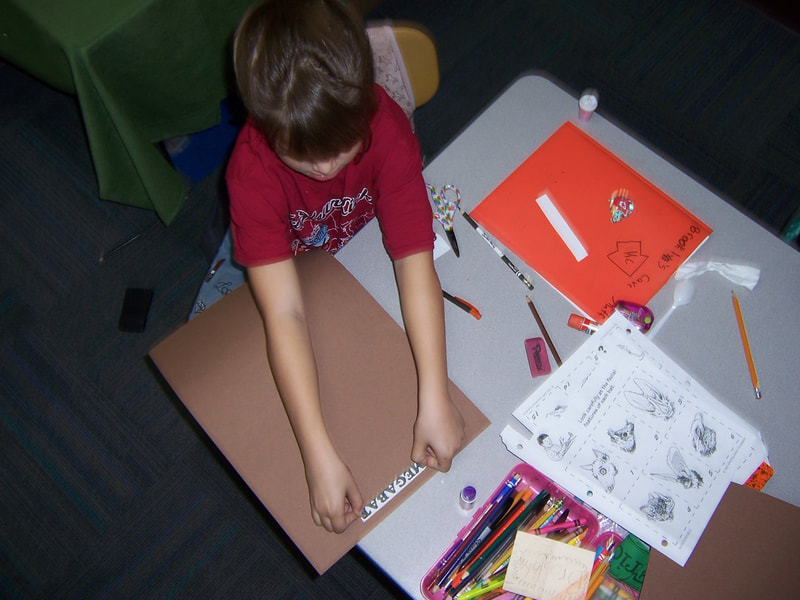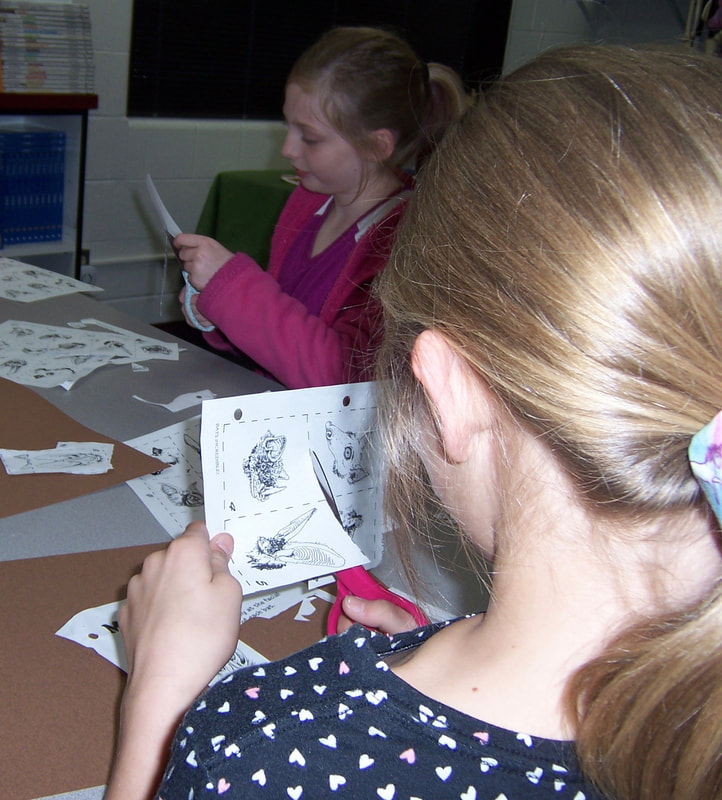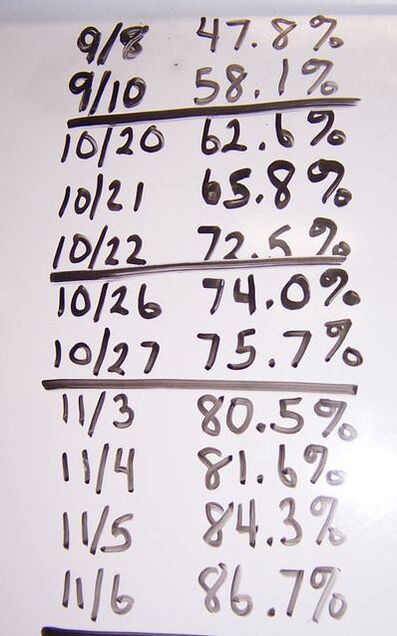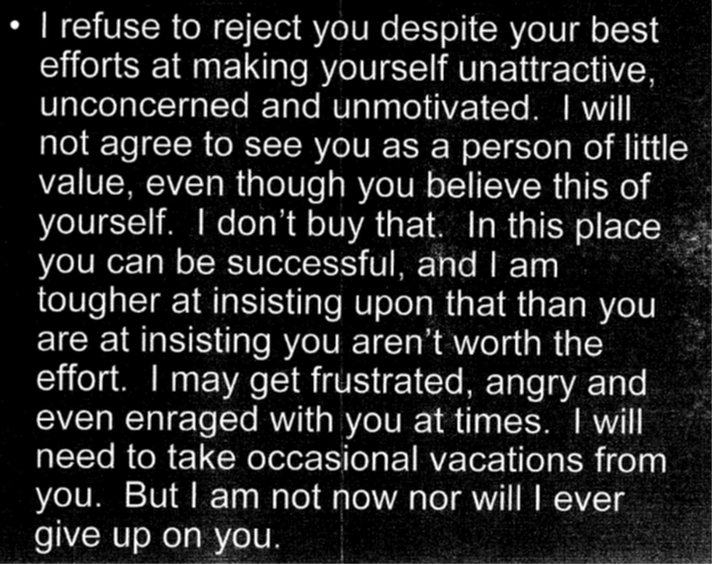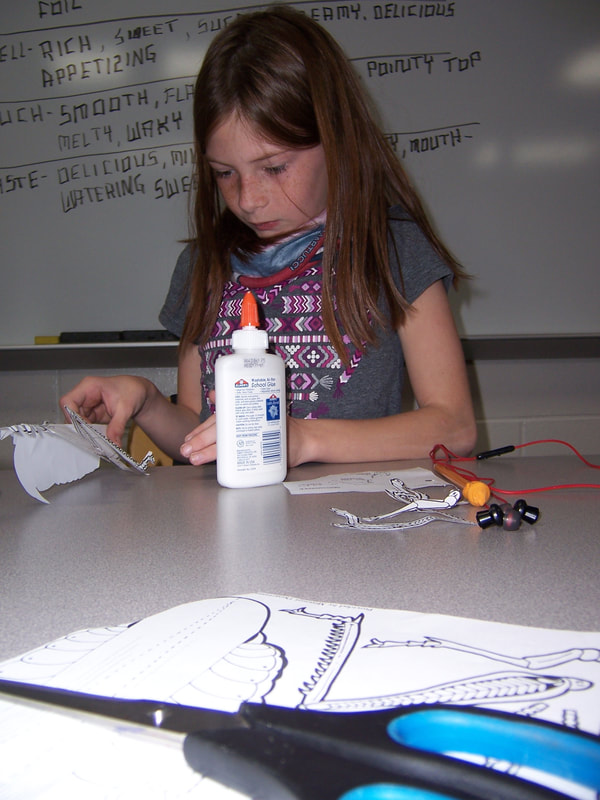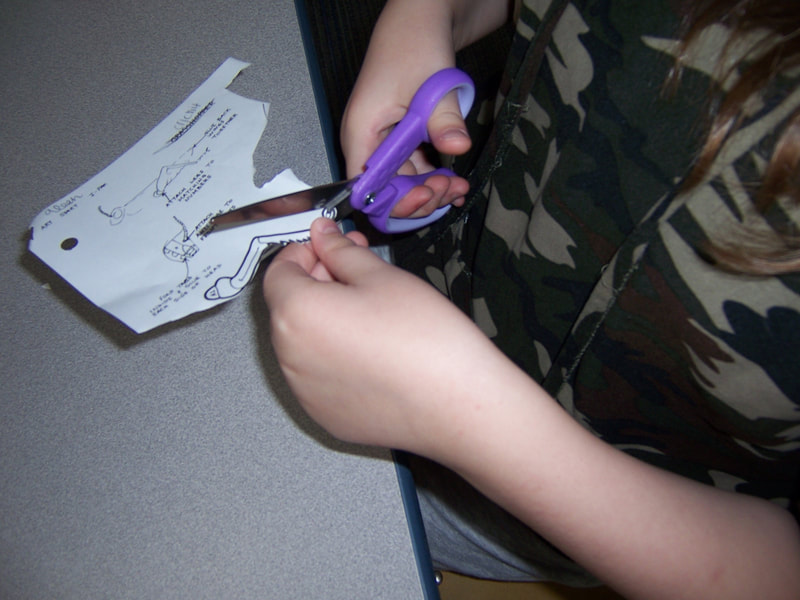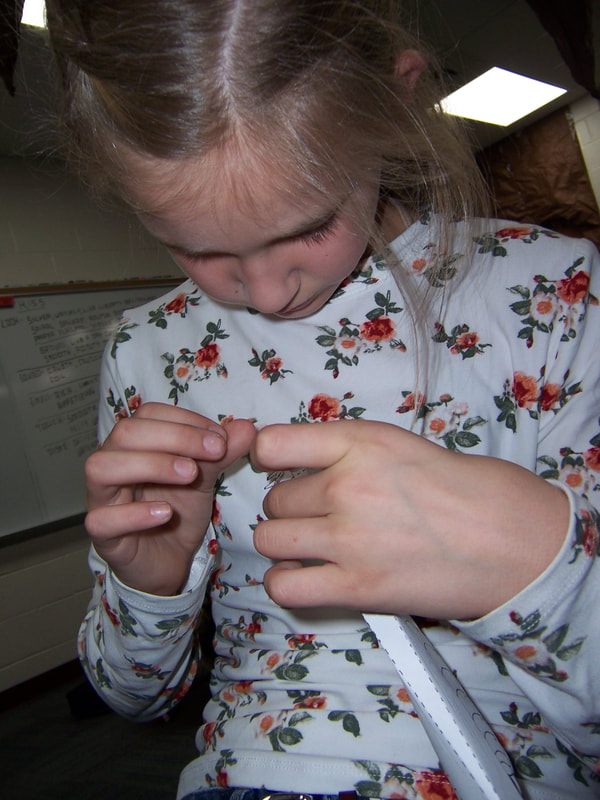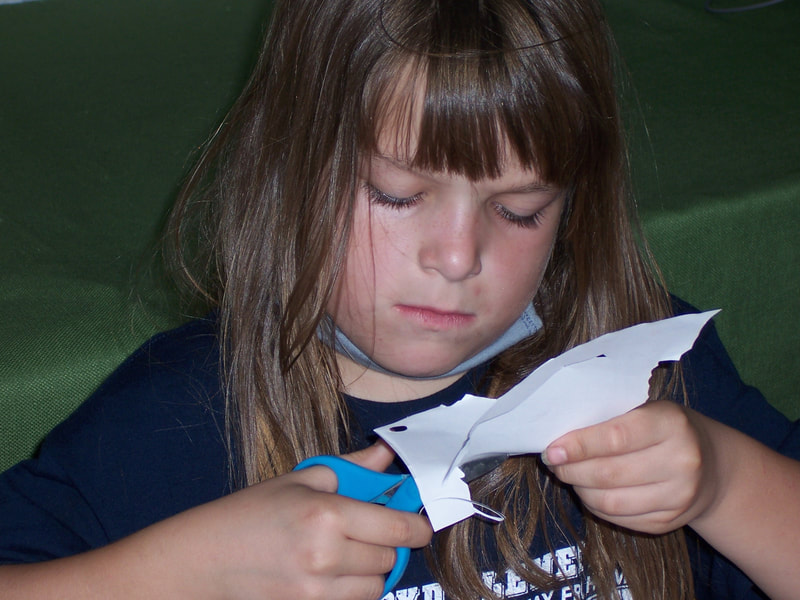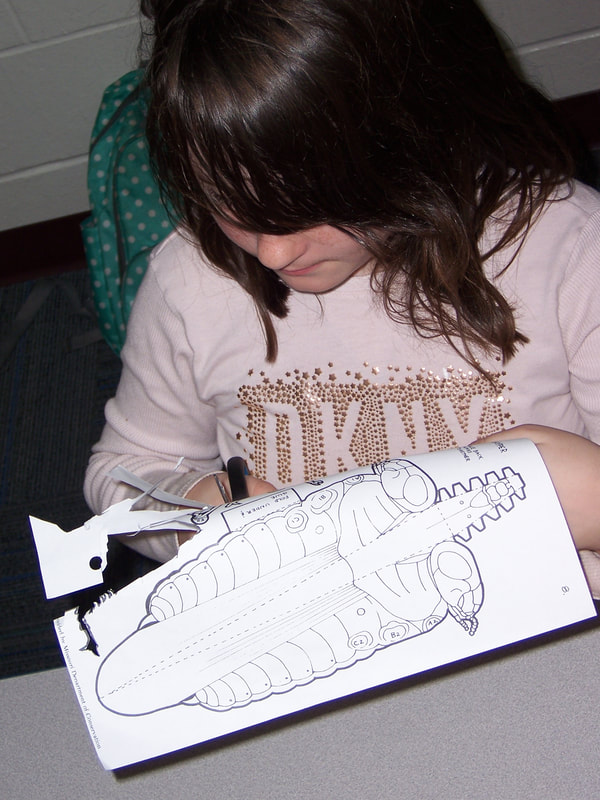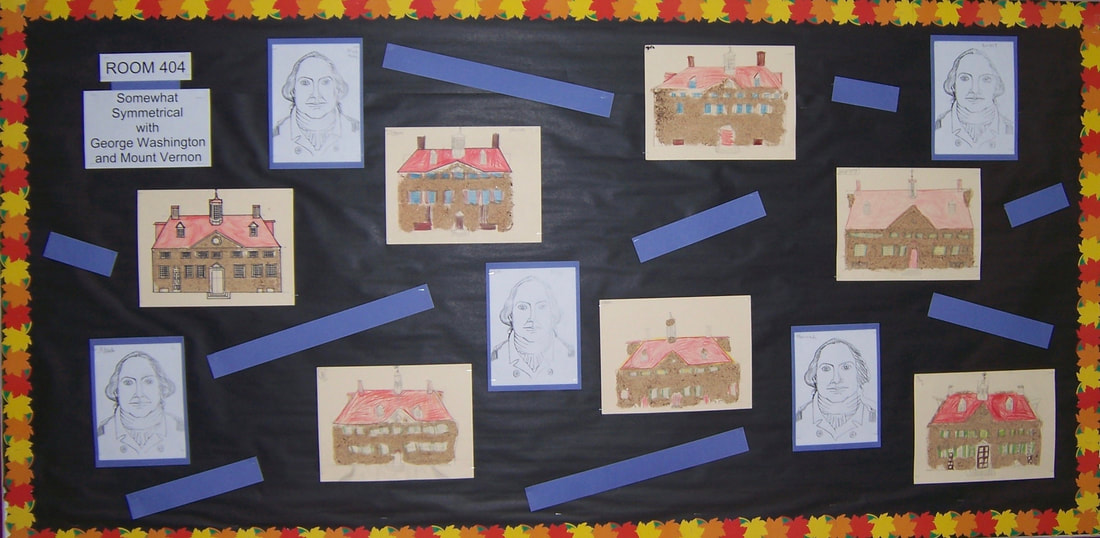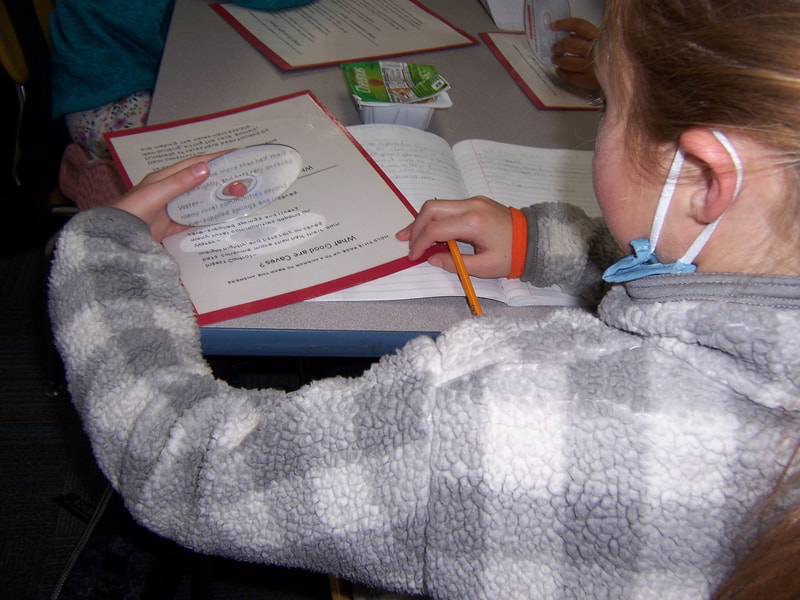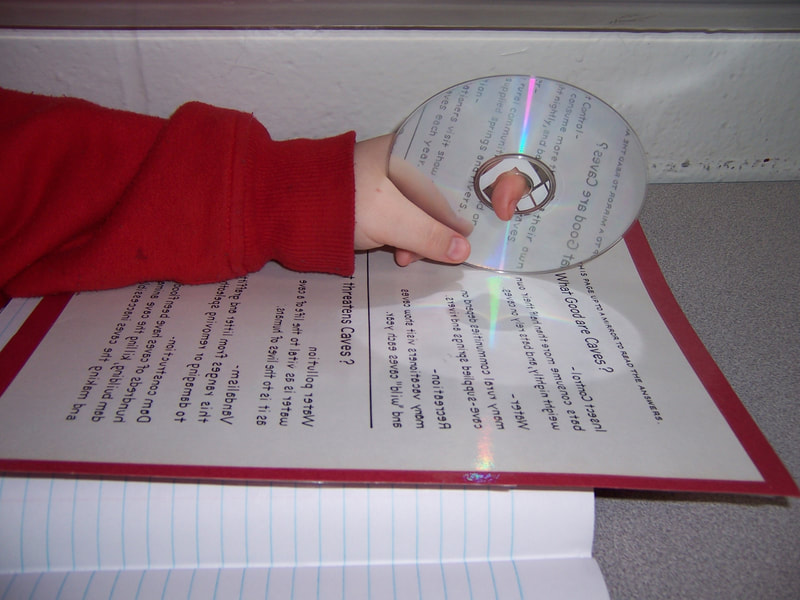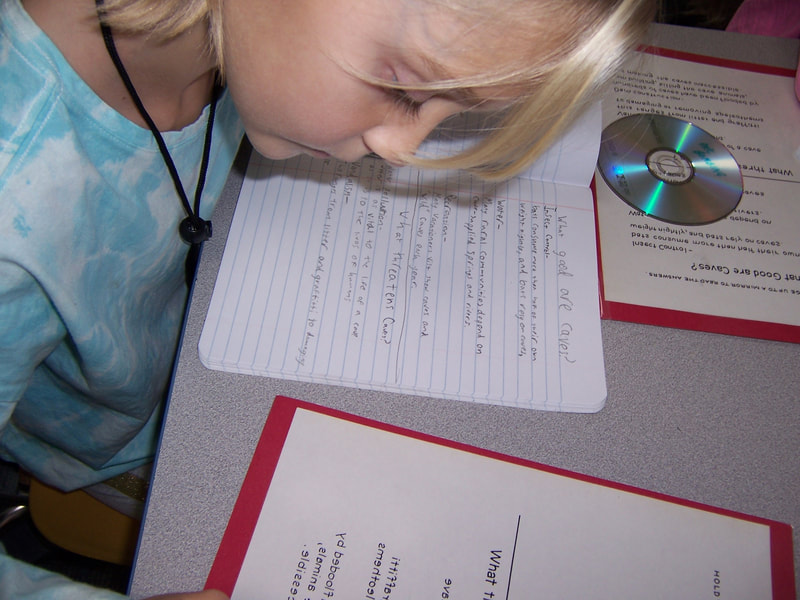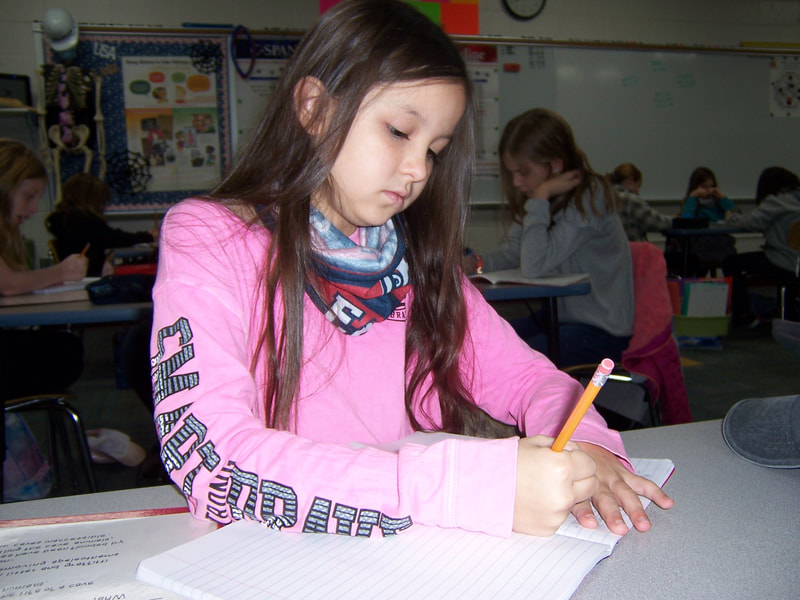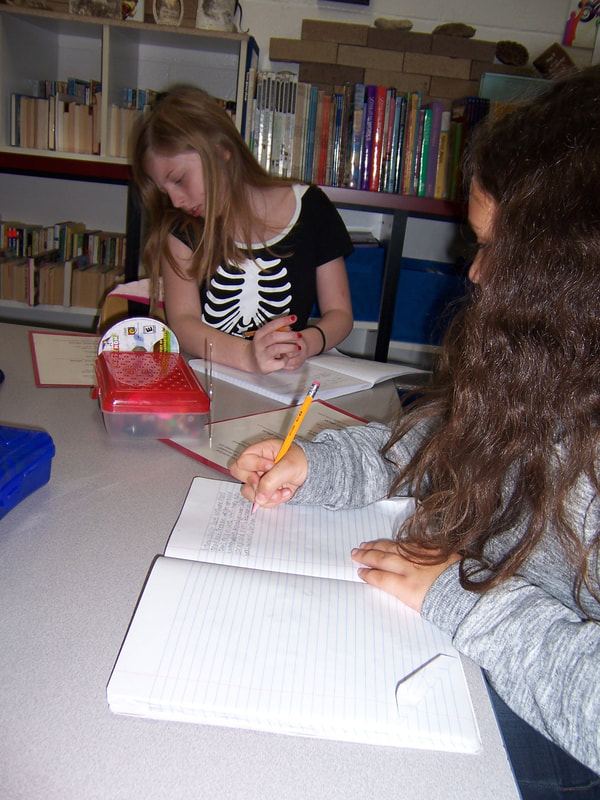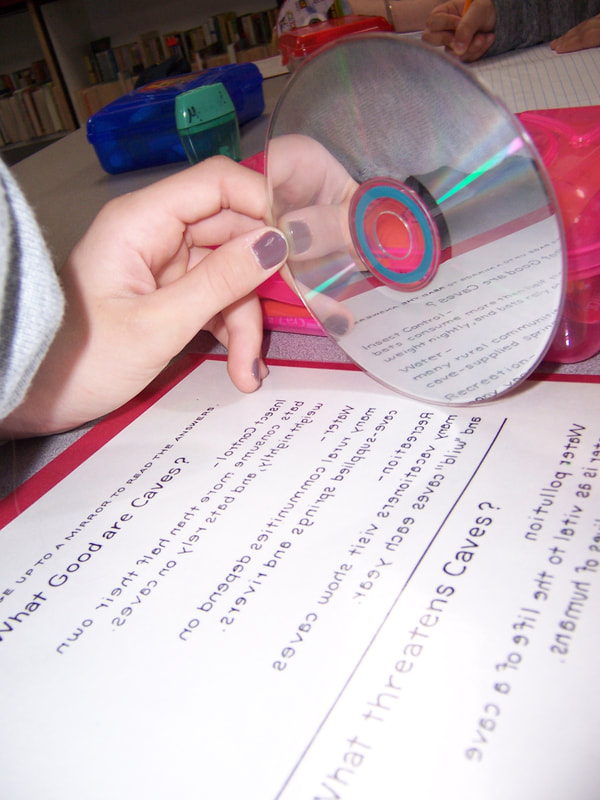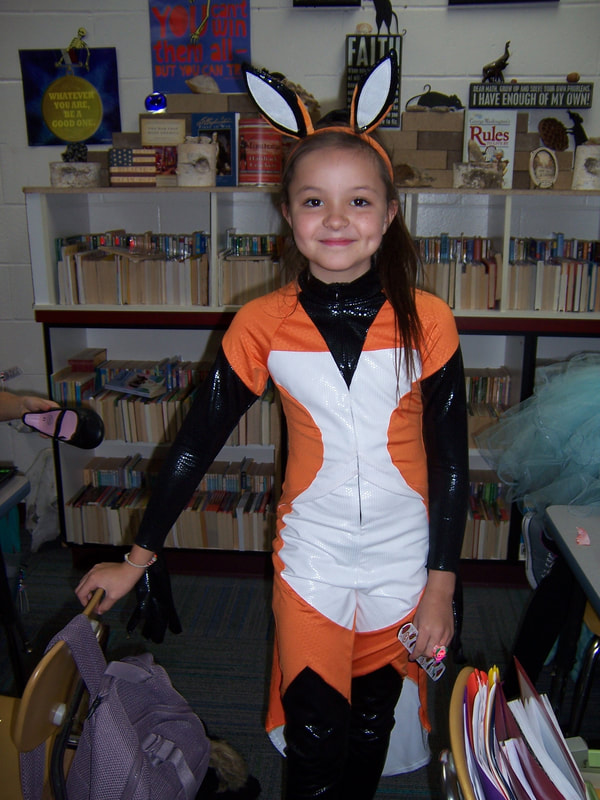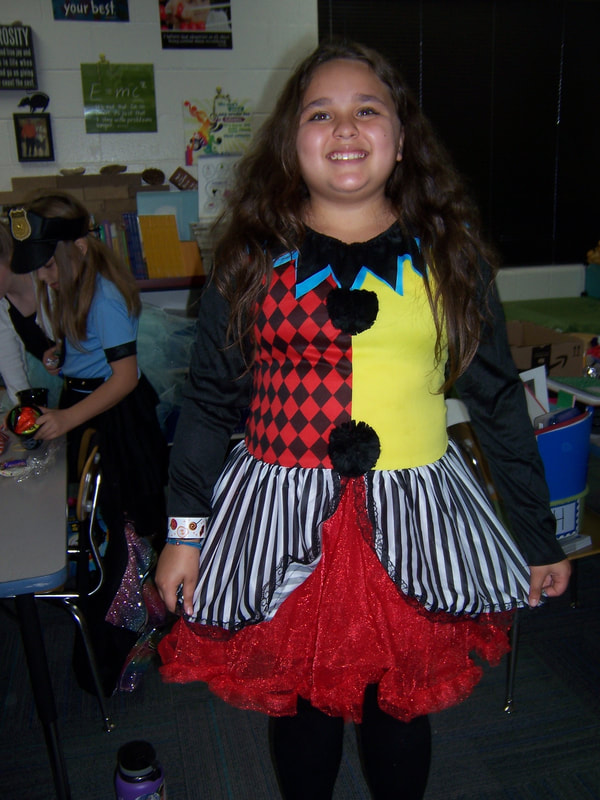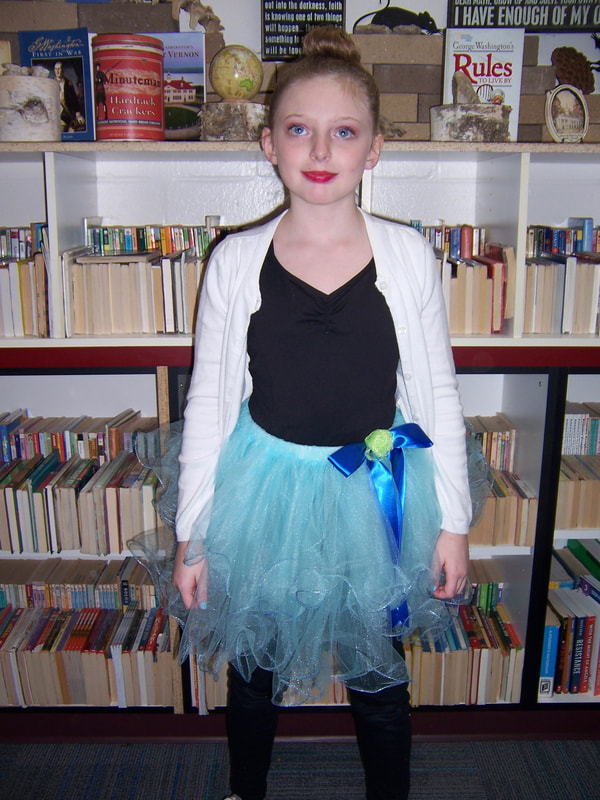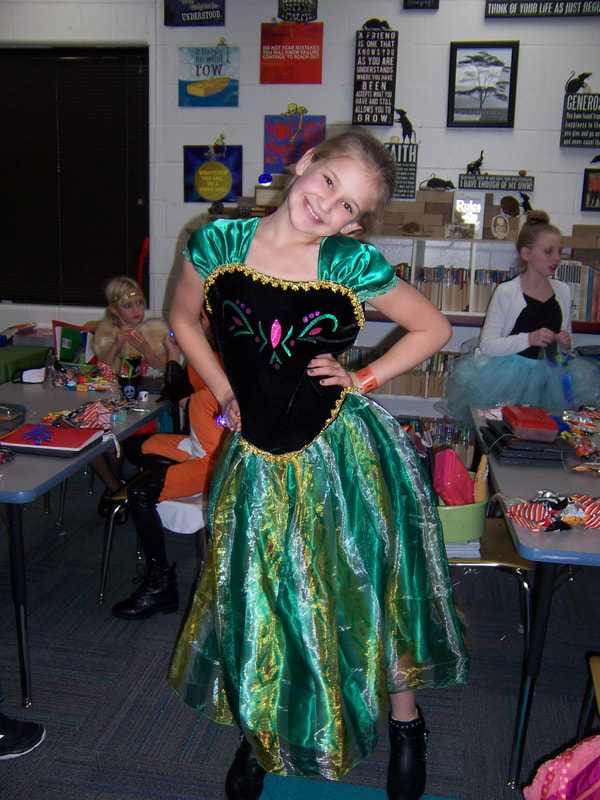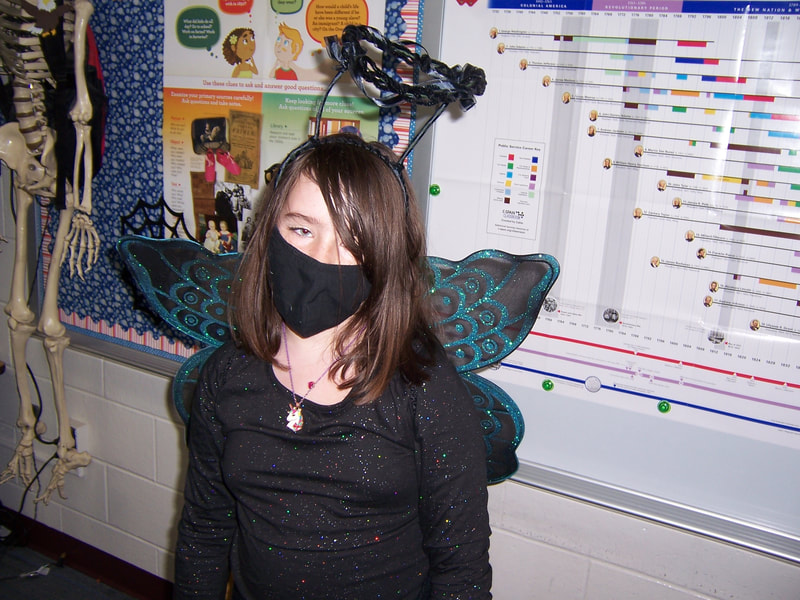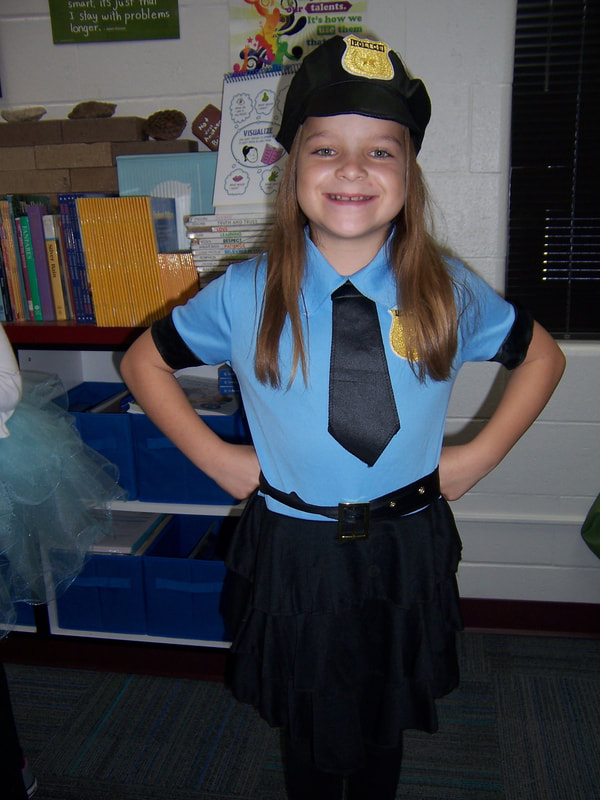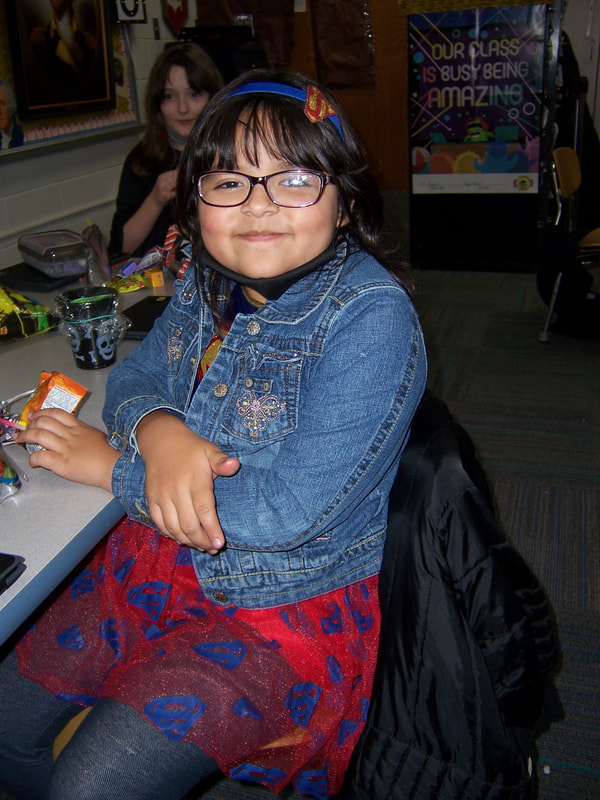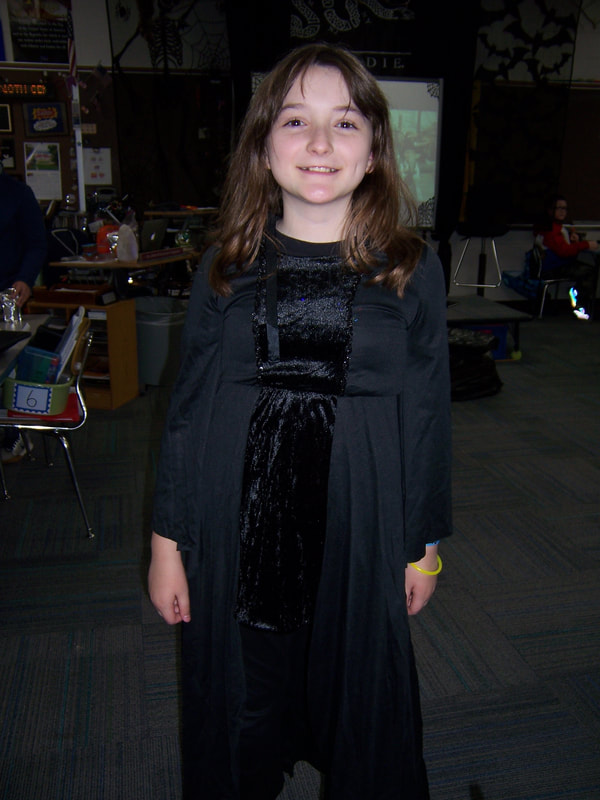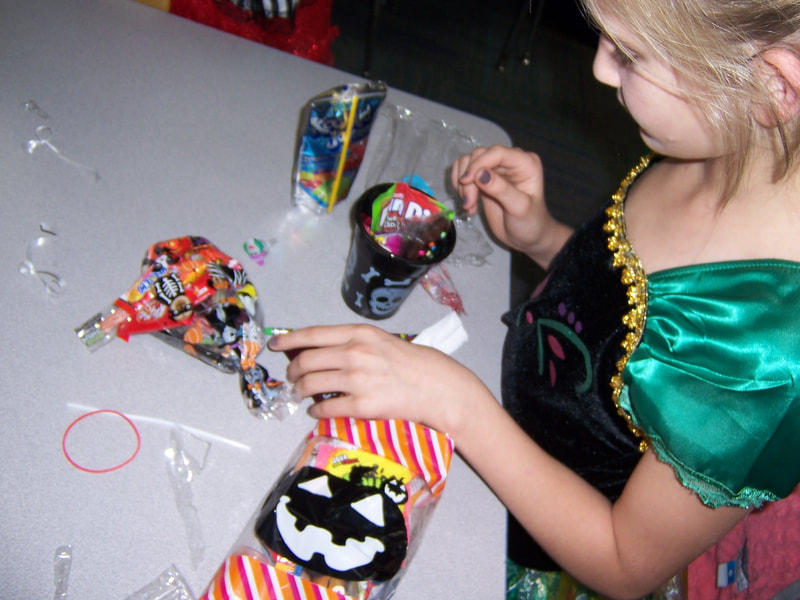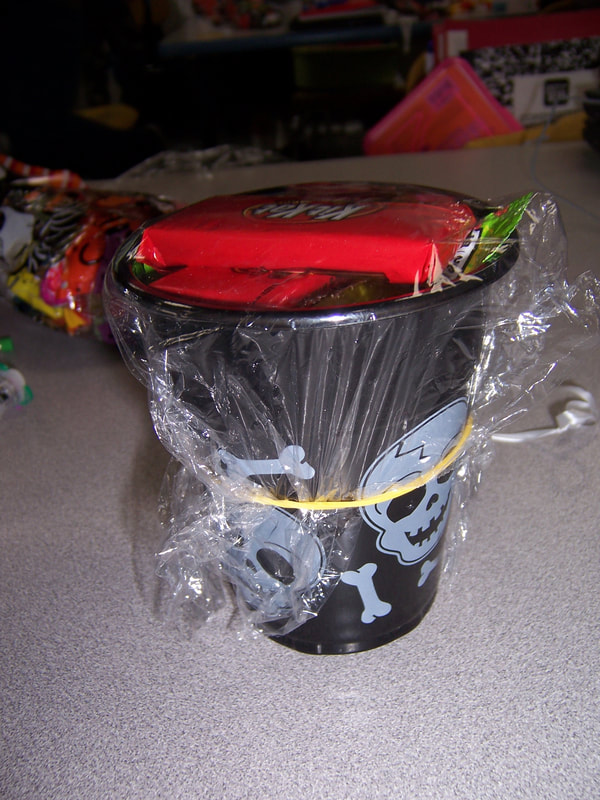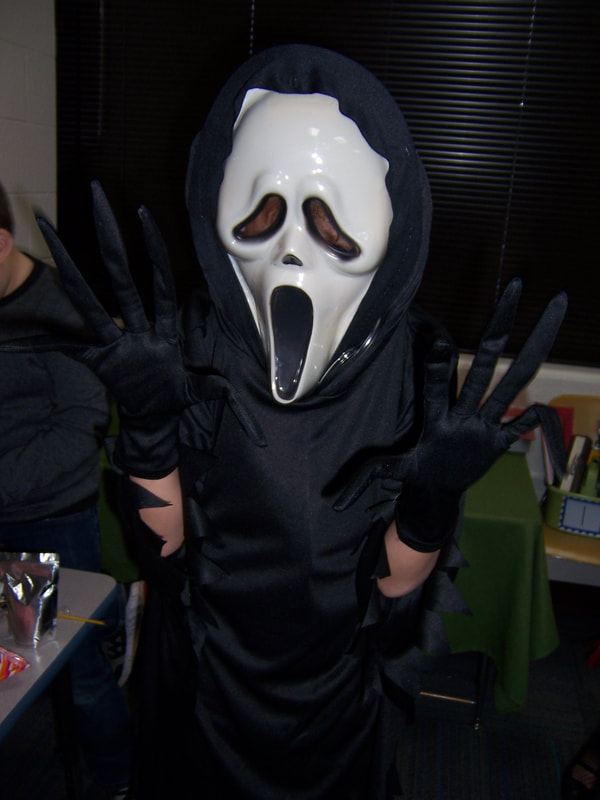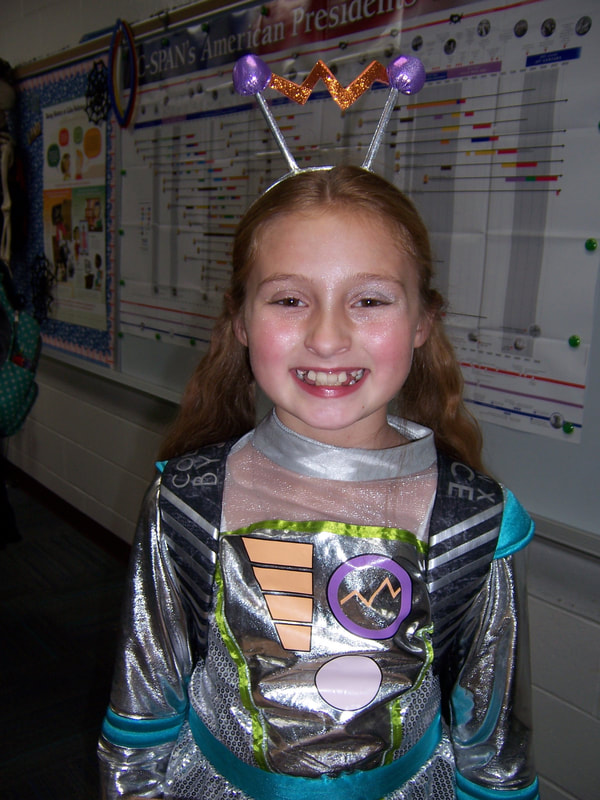|
Sometimes, when we go to the movies or as we watch a show on TV, we are transported into the plot. Directors understand that their selection of background music can change and enhance a scene. Now it is time to turn it around. This time, the music comes first. Do not watch the video; instead, let the music lead your imagination. As it plays, allow it to transport you into a scene that has yet to be written. Then, write the scene. Use all the visual imagery you can muster in your writing. At the end, you will share your writing. Will it stand on its own, without the music in the background?
We learned about the rambunctious Boston Tea Party of December 16, 1773, last week. There was even some discussion about the appropriateness of such a rebellion: breaking onto a private ship, stealing boxes of tea (to protest the tea tax levied by King George III), and destroying the tea by throwing it into the harbor (some $1.7 million in damage in today's dollars), making a modern comparison with the protests and riots of 2020. Afterward, we wanted to have a tea party of our own. Not that we wanted to riot and destroy, but we did think throwing things overboard might be kind of fun. I decided to turn this activity into a counseling-style lesson and turn it positive, so we wrote down things that make us angry, sad, and anxious. We glued all of those little labels to boxes, and just like the Sons of Liberty, we took the things that frustrate us and tossed them into the harbor. OK, we really just threw them over the rail on our back porch, and we promptly retrieved our mess before returning to class. Enjoy some fun videos:
The classroom is just a mess after all of the cut-and-glue work we've been doing, concerning the adaptations of more animals that enjoy the benefits of cave life - namely, fish, and of course, bats.
As it stands, four students have already achieved our goal of three 100-percent scores. Four more are inching up on that goal, as well. Three students have already scored in the nineties, one is in the eighties, while five are in the seventies, and two are below that. Those who scored below our class average are in a position that they can help our average the most and be heroes. I encourage parents to set aside some time, every day, in the next two weeks to have your child work on those basic multiplication facts. We only need 3.3 points to reach 90 percent before Thanksgiving! I noticed early on that I could count on this group to write when I ask them to write, and now that they have caught on to my passion in history, they are just about as passionate as I am, but in their lowest subject - math - I wondered if I could motivate them to want to improve. Now I know. Not every part of math is as concrete as multiplication, but it's definitely a start as we work through fourth grade. Thankfully, while many educators worry about making up for the ground lost in a pandemic lockdown, we have still been able to move forward - thanks to this fantastic group of students and their gritty attitudes.
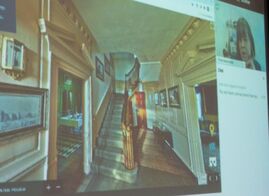 Last Wednesday, our class flew to Virginia for a visit to George Washington's Mount Vernon mansion and plantation...virtually, that is. Students took a good look at various rooms in the mansion and locations at the plantation. Our guide took us on a 90-minute tour and answered specific questions we had about what we were seeing. We heard about the copper-green paint in the dining room that would cost $500 a gallon if bought today. We heard about Washington's "fan-chair", located in his office space. We looked at his war chest - an object that moved everywhere with the commander-in-chief throughout the Revolutionary War. We saw the bed where he died in the room where he died. We looked at the Bastille key, sent to George Washington by his good friend, the Marquis de Lafayette. Originally posted 10/17/19
This year, I've had to become a champion for certain kids. I've had to be more positive with some kids than I am used to. They just don't get a good feeling from peers, from teachers, from adults, from parents, from people. From life. They just don't get it from school, from home... You get the idea. By their own admission, "nobody" shows them love. Any love. They don't win awards. They don't earn rewards. They don't get complimented by other teachers. So where does a teacher begin? Not by sending them into the hallway. Not by writing office referrals. Not by putting them in the corner and ignoring them. Where does a teacher begin? That's an internal question. It's one I have to ask myself this year, when I have a class that puts me to the test. Don't get me wrong: every class is a challenge...and every class in recent years seems to have a distinct shortcoming and personality. A couple of years ago, I had a class of kids who were easily offended: it was not a group that an adult could tease and play with as openly as others. Another year, it was a group who thought they were entitled to something extra: there were kids at every level of economic backgrounds in that group, some who thought society owed them a break, and others who felt like they had earned respect simply because of their status. This year is full of some very sweet and lovable children, but unfortunately a few do not think they deserve to feel good about school, their families, or themselves. For thirty years, I have seen these children consistently beat themselves up. They give me comments like, "My life is awful," "I'm not having a good day," or "Nobody cares about me." I have found myself emptying my heart to them to assure them they are loved - if not by anyone else, at least by me. I have found myself being the only positive adult role model for them to look to for support. Sometimes I feel like they don't hear "I love you" from anyone else. I realize that's not all true, because I know these kids. Perhaps their attitudes and their outlooks on life are blatantly negative because they have been conditioned to expect nothing but negativity in their lives. They have positioned themselves in front of the cannon of depression for a few years now, and their perception of life is an open wound. That said, it's high time someone convinced them otherwise. Too many teachers fail to see this. Too many fall into the trap of adding to their funk instead. They are too quick to multiply the negativity in students lives. They zone in on these "trouble" children and expect them to be trouble. Our principal shared this (below) with me, last week, and it went perfectly with what I had already written in this article. I really like the thoughts here, as it includes the honesty of frustration at the end. We get upset when our students aren't perfect. We take it personally when students don't respond in just the expected manner. We want to throw our hands up and walk out. But there is a particular satisfaction when I positively affect that one student who needs a positive role model. It's almost a sacred mission. Teacher becomes mentor, coach, and superhero to a real life human being, and maybe - just maybe - teacher affects the future as well.
Sometimes, when we go to the movies or as we watch a show on TV, we are transported into the plot. Directors understand that their selection of background music can change and enhance a scene. Now it is time to turn it around. This time, the music comes first. Do not watch the video; instead, let the music lead your imagination. As it plays, allow it to transport you into a scene that has yet to be written. Then, write the scene. Use all the visual imagery you can muster in your writing. At the end, you will share your writing. Will it stand on its own, without the music in the background?
Yes, Hoggatt Cave is beginning to teem with critters. These little guys (the crickets, not the kids) are pretty complicated to figure out (OK, maybe that includes the kids, too).
We recently found ourselves entering the founding era in United States history, so we took some time to look at George Washington's Mount Vernon. The General enjoyed symmetry, but didn't quite achieve it with his mansion in Virginia. Our projects here also demonstrated a few imperfections in symmetry.
For some reason, my information sheet was printed backwards! That didn't stop Hoggatteers, Tuesday, as we solved the problem by looking at the words indirectly through mirrors. It was just a fun and different way for me to disperse information rather than in a lecture.
I saw when you jumped up to pick up someone else's spill.
I saw when you plugged in someone else's computer. I saw when you picked up a stray piece of trash. I noticed when you apologized for being in the way. I noticed when you complimented your friend. I noticed when you thanked a peer for their kindness. I loved watching your creative mind at work. I loved seeing you struggle through and conquer a difficult math problem. I loved it when you entered the classroom and smiled. I appreciated your comments about someone else's idea. I appreciated your response to someone else's feelings. I appreciated your ability to reach out to someone in need. Regarding this year's students, For your kindness, For your love, For your feelings, For your drive, For your initiative, For your respect, For your appreciation, For your dreams, For your abilities, For your care, For your empathy, For your support, For your manners, For your grit, For your success, For your laughter, For your presence, I am thankful. My thanks to my friend, Eddie Gweedle, for taking my place at school today. I've known Eddie for so long, it seems like he's always been with me. He's the nicest guy I know. Since I'm not a fan of Halloween, Eddie often substitutes for me on party day. Somehow, I still don't get anything done.
He graciously took a few photos while he was in the same classroom. Not everybody dressed up, and some (especially the boys) had already removed their costumes before the camera came out. I have finally finished curating, creating, and organizing nearly 100 lesson sets for our United States history page. Beginning with the early colonization on the east coast and ending with Westward Expansion, our American history lessons are somewhat chronological and allow teachers to pick and choose which parts they wish to use. If you are an educator with specific standards and objectives to cover, you may freely use this collection, omit what you want for your own program, supplement with your own materials and thoughts, or leave it right where it is. Cultivating America is something that exemplifies my teaching style. Some might think the materials are vague. That is by design. I will never be that master teacher who claims to have all the answers, and I will not be the guy who writes you a script to follow with your students. While many are deficient in the content, I knew I needed to provide some guidance, but I will not tell you how to teach it. Each educator must add her own personality to the lessons. When I began putting together these lessons, crossing curricular boundaries, and molding them to make them accessible to fourth graders, I struggled to find a title for it all. I wanted it to be something unique and yet hearken to Americana in some way. I started with "These United States", thinking about what Ben Gates says in National Treasure about when people started saying The United States instead. After a while, thinking the title needed more action, it became "Uniting the States". That, after all, was what the founders were doing. That title, however, just seems awkward coming out of the mouth. Neither title sounded like something I would create. To capture the entire 200+ years, I needed something more descriptive. So I started thinking. Words like growing and planting came to mind. Growing the USA? Planting the United States. Birthing a Nation? Starting? Beginning? That's when the whole thing became Cultivating America. I realized that it is about more than the seed and the vision. It was about the hard work, the dirty toiling, and the weeds (so many weeds!). Figuratively, it's about drought and flood, pestilence, heat stroke, and fertilizer (lots of fertilizer!). It's about burning and plowing, raking, bailing, harvesting, winnowing, and threshing. It's about packaging, delivering, and consumption. There is acknowledgment about American history here - the acknowledgment of mistakes and unfulfilled promises, backroom politics, racist legislation, and the instigation of violence. There is a focus on looking for the details, looking at the forest and the trees - appreciating the grandeur and the beauty of a vista while then investigating the components that make it work. This is an excellent start to teaching students how to write an organized paragraph. There are chances to tell the real stories - more compelling than the latest juvenile fiction and more disgusting than recent horror movies. Here are characters who are full of depth, flaw, vision, and heritage. Here are plots with sharp edges and hairpin twists. Here is the chance to teach figurative language, inference, theme, and finding main idea and details. There is organization to it. Here is your chance to teach cause and effect, chronology, problems and solutions, and more. You need to teach text structure? Here you go. Here you find economy, politics, geography, and history, but there is also mathematics, reading, science, writing, listening, and speaking. For good measure, I threw in music, physical activity, and visual art. There is simple observation and data collection to high-order thinking skills with all kinds of analysis, evaluation, synthesis, and development. There are opportunities to ask questions, starting with What do you notice? and ending with What do you wonder? My students learn quickly to start with what they already know (which could be very little) and put the rest together. Sometimes the lessons leave them with more curiosity than they entered the classroom with. There is variety, sometimes giving teams a chance to work together and wrestle with the material. Also here are entertaining content delivery, sometimes heavy with drama, but many times with an infusion of humor. There is an intentional focus on character and citizenship. Actions have consequences. Actions have equal and opposite reactions. Reactions can take a relationship in multiple directions. In our class, we do not shy away from meeting the needs of children on a daily basis, stopping any academics that may be expected to deal with issues that arise. We know that behavior and relationships must be in place before the "three Rs". At the same time, we can also infuse these U.S. history lessons with proactive messages to quell the problems before they arise. Finally, these lesson sets are a demonstration that it takes hard work to achieve. If that is true in the revolutionary era, it is certainly true in the 21st century. As we strive toward the American Dream, as we continue to pursue happiness, and as we build upon the founders' attempts to make a more perfect union, let us never forget that opportunity does not knock very loudly upon pillows. We must stand, dust ourselves, and lean forward into the winds of resistance. The lessons here teach students that dirty fingernails, winded breathing, and aromatic perspiration are sometimes the means by which we achieve.
My hope is that I am not the only one who uses the material collected on our Cultivating America page, but even if I am, I have grown and learned in putting it together, and its completion feels pretty nice. I will continue to add to and change the materials here, even now, into the fourth decade of my stay in the profession. |
AnthemThe Hoggatteer Revolution
is an extensive, award-winning, inimitable, digital platform for Encouraging and Developing the Arts, Sciences, and honest Christianity in the beautiful, friendly LAND OF THE FREE AND THE HOME OF THE BRAVE This site is described as
"a fantastic site... chockablock full of interesting ideas, hilarious anecdotes, and useful resources." 
...to like, bookmark, pin,
tweet, and share about the site... and check in regularly for new material, posted often before DAWN'S EARLY LIGHT! History in ResidenceElementary Schools: Bring Mr. Hoggatt into your classroom for a week of engaging and rigorous history programming with your students. LEARN MORE BUILDING BETTER
|
